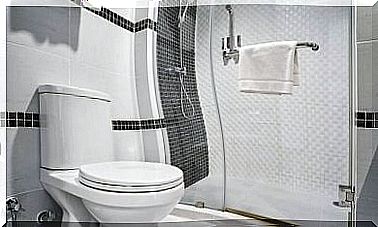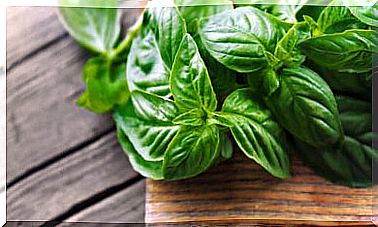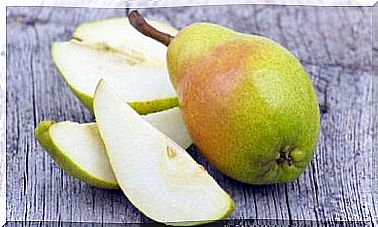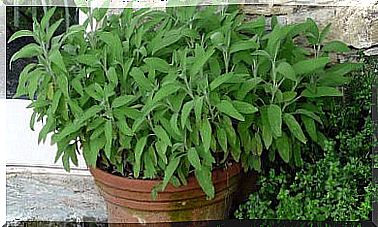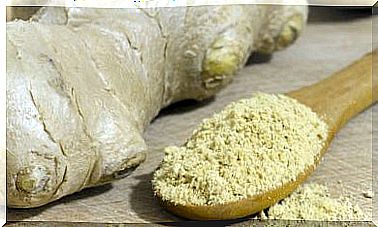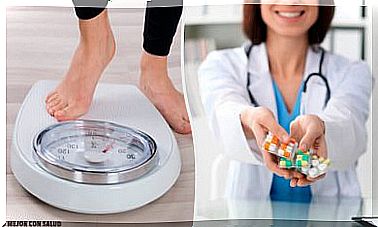9 Recommendations To Avoid Constipation

Learn how to avoid constipation, a digestive disease that presents when your bowels slow down, which affects your ability to eliminate waste.
Its appearance reduces the quality of life of patients, since many residues are retained in the colon, causing inflammatory reactions, gas and pain.
The most worrying thing is that many people do not know how to prevent and treat it, which facilitates the appearance of other digestive health complications.
Fortunately, most of the treatment is carried out with changes in lifestyle habits, adopting some measures that facilitate digestion.
In this article, we share 9 recommendations for you to avoid constipation.
How to avoid constipation
1. Increase fiber consumption
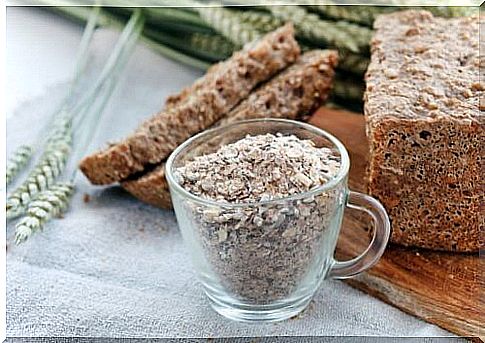
High-fiber diets are critical to promoting food digestion and bowel movement.
Among other things, this nutrient prevents digestive problems such as:
- Irritable bowel syndrome
- Diverticulitis
- Hemorrhoids
- Ulcers
Foods that contain fiber are:
- whole grains
- Chia and linseed
- Green leaves
- apples and pears
- citrus fruits
- Oilseeds
- Red fruits
- Legumes
2. Limit your fat intake
High-fat foods not only cause difficulties in metabolic functioning, but also in digestion.
They take longer to decompose and increase the likelihood of suffering from constipation.
Among these foods, we highlight:
- Sausages
- Fried food
- Soy and palm vegetable oils
- industrialized sauces
- Pizza
- Burgers
- Hot dog
3. Eat lean meats
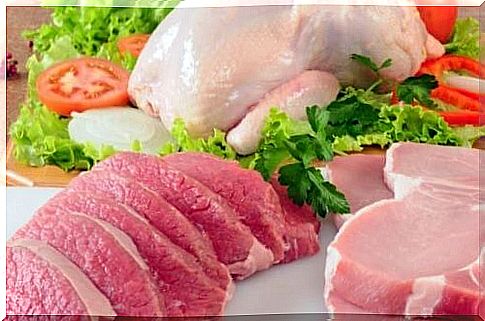
Meat is one of the main sources of high quality protein. However, due to its hard-to-digest fat content, it is best to choose the lean parts.
Choose to consume:
- Pork loin
- Chicken and turkey breast
4. Respect mealtime
To avoid bowel movement problems, main meals should always be eaten at the same time.
Although it’s harmless to eat out of hours from time to time, it ‘s best to have a fixed time for breakfast, lunch and dinner.
5. Increase water consumption

Drinking water every day is one of the most important habits to avoid constipation and heavy digestion.
This vital fluid joins fiber to create softer, voluminous stools, which make it easier to pass through the colon.
6. Exercise regularly
Regular physical exercise is ideal to help the digestive system and thus reduce constipation episodes.
The movements we perform with the body optimize the passage of waste through the intestine, which facilitates the expulsion of feces.
7. Incorporate probiotics into the diet

Probiotics are foods full of live crops that, when assimilated by the intestine, regulate bacterial flora to improve digestive health and the immune system.
Its regular consumption prevents the development of gastrointestinal infections and, at the same time, favors the decomposition of heavy food.
Some recommended are:
- kefir
- Natural yogurt
- Kombucha
- miso soup
- pickled cucumbers
8. Consume natural laxatives
Natural laxatives are ingredients whose digestive properties help improve bowel movement and prevent chronic constipation.
In general, they are foods rich in fiber, water and antioxidants that, when assimilated, facilitate the digestion of substances that delay digestive functions.
Among them, we highlight:
- aloe vera gel
- papaya juice
- Pineapple juice
- Dragon fruit
- Warm water with lemon
- Kiwi
- flaxseed water
- figs
9. Go to the bathroom when the body asks

Very careful! As well as holding back the urge to urinate, retaining stool is harmful to intestinal and digestive health.
Although it is sometimes unavoidable, the ideal is to go to the bathroom every time the body asks for it.
- This prevents the colon from becoming inflamed, prevents the formation of gas and the onset of pain.
Do you have difficulty eliminating feces? Do you feel heavy and your belly feels inflamed? Pay attention to these advices to avoid constipation.
